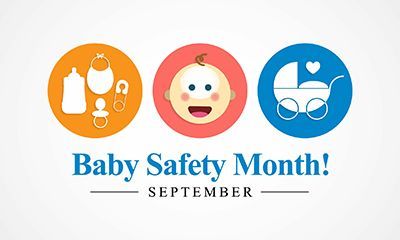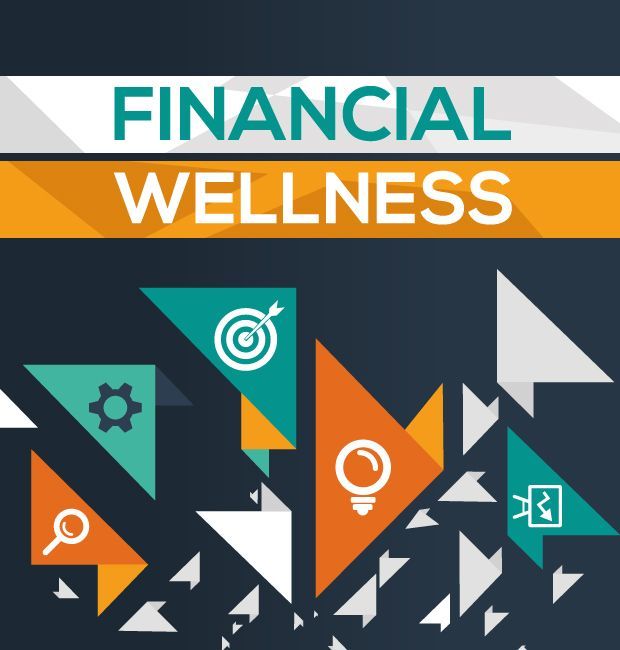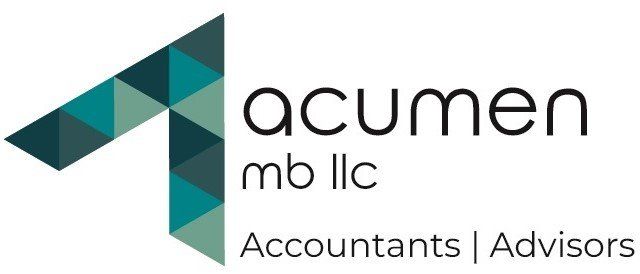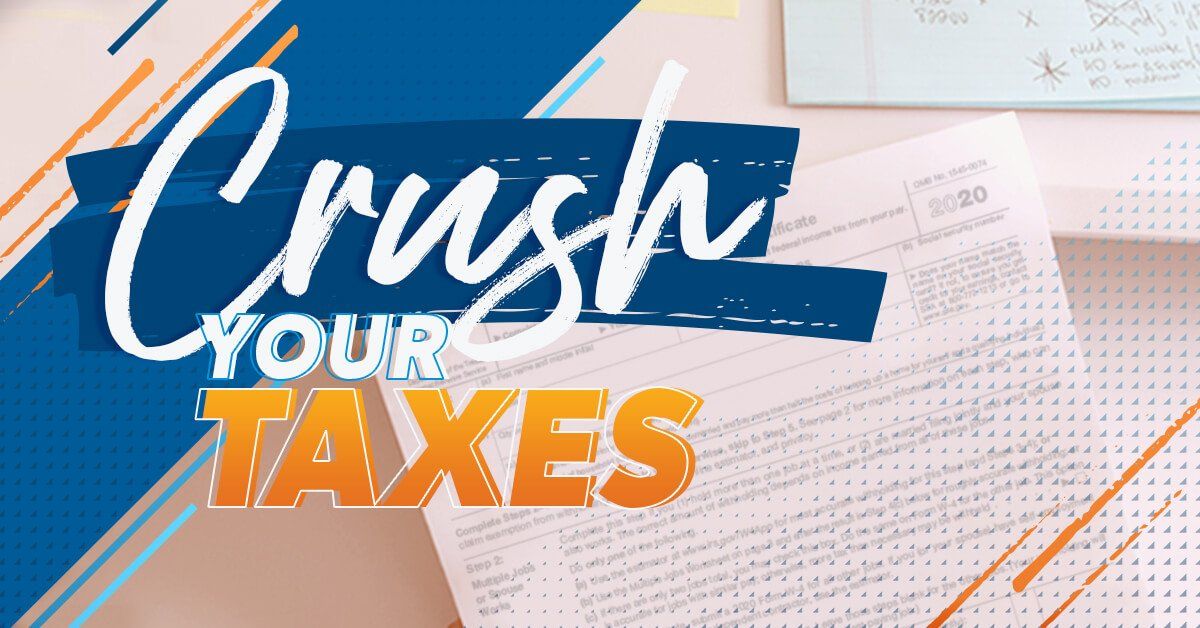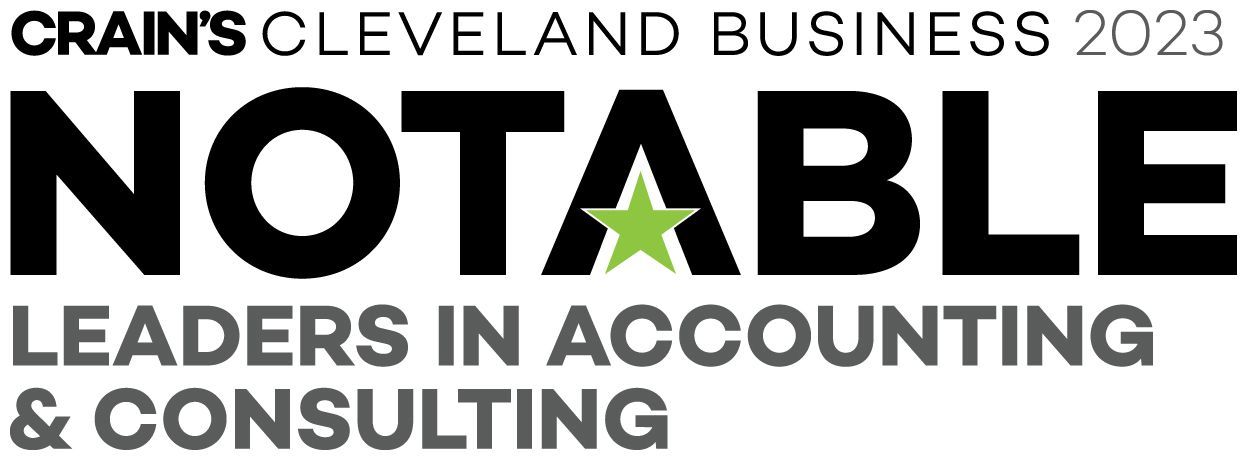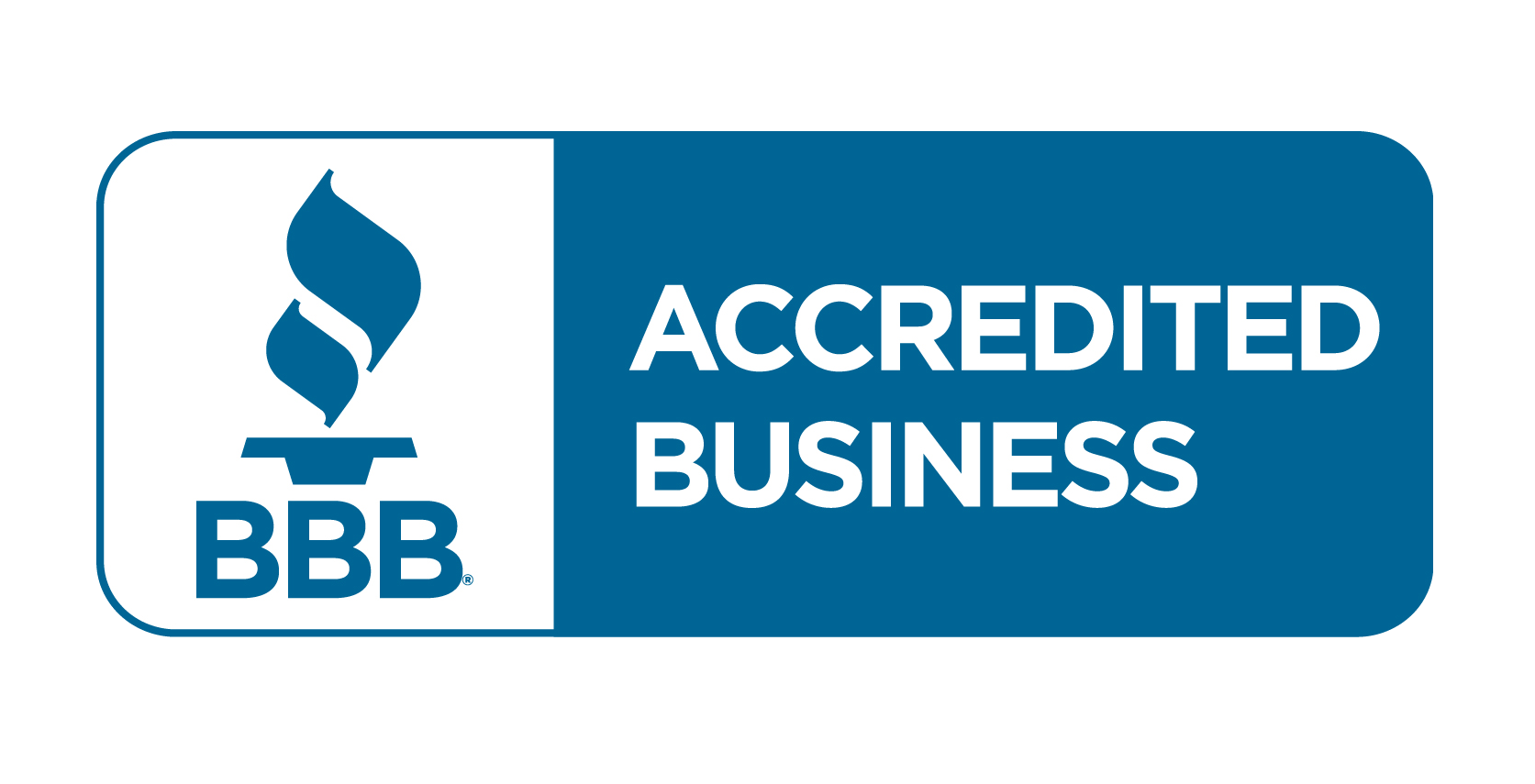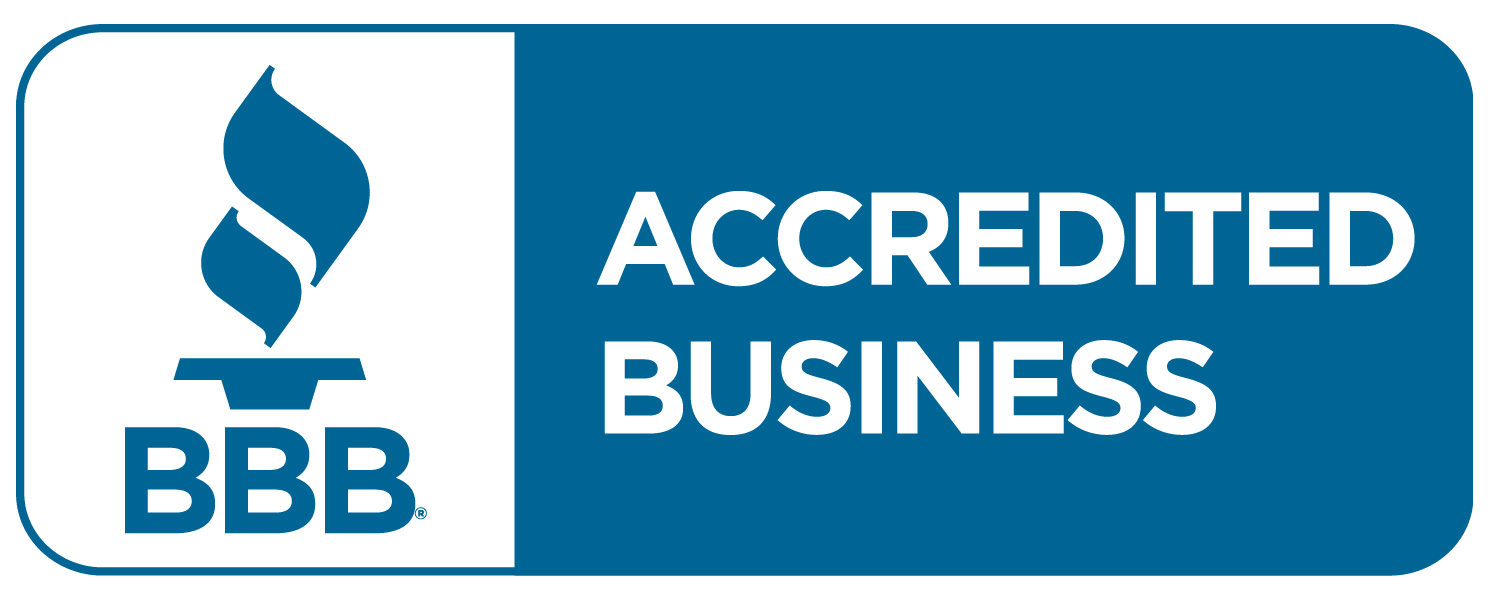Get Ready to File Your Federal Income Tax Return with These Preparation Tips
Rely on IRS.GOV for verified information
Join the millions of people who use IRS.gov to get answers to tax questions, file their tax return, check their refund status or pay their taxes. There’s no wait time or appointment needed—start with IRS.gov to find helpful online tools and resources available 24 hours a day.
Protect your data
The IRS, the states and the tax industry are committed to protecting you from identity theft. The official IRS website is IRS.gov and all IRS.gov web page addresses start with https://www.irs.gov/. Don’t be misled by websites or unsolicited emails claiming to be the IRS but their URLs end in .com, .net or .org, instead of .gov. Take these steps to protect yourself from identity thieves and IRS impersonators.
Stay Connected with the IRS
The official IRS website is IRS.gov. The IRS has several ways you can stay updated on important tax information that may help with tax planning. Follow the IRS’ official social media accounts and email subscription lists to stay up to date with the latest tax topics and alerts. Download the IRS2Go mobile app, watch IRS YouTube videos, subscribe to IRS e-Newsletters or follow the IRS on Twitter, Facebook, LinkedIn and Instagram for the latest updates on tax changes, scam alerts, initiatives, products and services.
Get tax information in your preferred language
Tax information can be hard to understand in any language. It can be even harder if that information isn’t offered in the language you know best. We’re translating our tax resources into more languages and currently have basic tax information in twenty languages. You can also GET READY TO FILE Take Steps Now to Get a Jump on Next Year’s Taxes file Schedule LEP, Request for Change in Language Preference, to receive written communications from the IRS in an alternative language. Subscribe to IRS News in Spanish (Noticias del IRS en Español) to receive tax tips and updates in Spanish.
Securely access your individual tax account information online
IRS Online Account lets you see key data from your most recent tax return. You can see your tax balance, view payment plan details and make payments. View your stimulus payments, access advance payment amounts of the Child Tax Credit and selected correspondence from the IRS. Create or access your account at IRS.gov/ account.
Update your records
Notify the IRS if your address changed to ensure you receive IRS correspondence at your new address. File Form 8822, Change of Address (For Individual, Gift, Estate, or Generation-Skipping Transfer Tax Returns) to update your address with the IRS. Otherwise, IRS will automatically update your records with the address on your tax return when you file your taxes. If you’ve had a legal name change, notify the Social Security Administration to avoid a delay in processing your tax return.
Review your eligibility for credits and deductions
Life events—purchasing a home, going to college or losing a job—may make you eligible for certain tax benefits. Finding out your eligibility now can help make filing easier next year. Other circumstances, such as getting married or divorced, welcoming a child or experiencing the death of a spouse or a dependent you claim, could also affect your tax benefit eligibility and filing status. To learn more, go to managing your taxes after a life event. Tax credits and deductions can mean more money in your pocket; and thinking about your eligibility now can help make filing easier next year. Tax law changes for the 2021 tax year made more people eligible for tax credits, including the Earned Income Credit and the Child Tax Credit. Use the Interactive Tax Assistant on IRS.gov to find out if you qualify for credits such as the Earned Income Tax Credit, Child and Dependent Care Credit and the Credit for Other Dependents. Families with students may qualify for education credits. You may also qualify for a Recovery Rebate Credit if you did not get the full third Economic Impact Payment. Remember to keep records that show your eligibility for credits you claim. This includes agency letters about advance credit payments you received for the Child Tax Credit, Economic Impact Payments and the Premium Tax Credit.
Check your ITIN
If you use an ITIN (Individual Tax Identification Number) to file, make sure it hasn’t expired. Go to IRS.gov/ITIN for more information.
Prepare to file electronically
E-file is the most accurate way to prepare and file your tax return. Errors delay refunds and the easiest way to avoid them is to file electronically. Tax preparation software guides you through the process and does all the math. Seventy percent of all taxpayers can use free brand name tax software to prepare and file their federal income tax return electronically using IRS Free File. All taxpayers, regardless of income level, can also use IRS Free File Fillable Forms. Senior citizens, members of the military, and many other taxpayers—depending on their income—may also qualify for free tax return preparation and electronic filing by IRS-trained volunteers through the Volunteer Income Tax Assistance Program (VITA) or Tax Counseling for the Elderly (TCE) programs.
Get ready to direct deposit your refund
Combining direct deposit with electronic filing is the safest and fastest way for you to get your refund. With direct deposit, your tax refund goes directly into your bank account. There’s no reason to worry about a lost, stolen or undeliverable refund check. If you don’t have a bank account, go to the FDIC website or the National Credit Union Administration’s Credit Union Locator Tool for information on where to find a bank or credit union that can open an account online and how to choose the right account for you.
Manage refund expectations
Different factors can affect your refund. Be careful not to count on getting a refund by a certain date, especially when making major purchases or paying other financial obligations. See IRS.gov/refunds for more information. While the IRS issues most e-file refunds in less than 21 days, it’s possible your tax return may require additional review. Some returns take longer to process than others for many reasons, including when a return is incomplete, affected by identity theft or fraud, or includes math errors. And, if you claim the Earned Income Tax Credit or Additional Child Tax Credit, by law, the IRS cannot issue your refund before mid- February. This timeframe applies to the entire refund, not just the portion associated with these credits.
Unemployment compensation
In 2021, many people received unemployment compensation. Unemployment compensation is taxable and must be reported on your income tax return. Unemployment benefit recipients should receive Form 1099-G, Government Payments, from their state unemployment insurance agency in January 2022 either by mail or electronically. Check your state’s unemployment compensation website for more information. Form 1099-G reports the amount of unemployment compensation received in Box 1 and any federal income tax withheld in Box 4. Be sure to include these amounts on your 2021 federal tax return. Find more information on unemployment benefits in Publication 525.
Find out if you need to adjust your withholding
Did you receive a smaller refund than expected or have an unanticipated tax bill? Use the IRS Tax Withholding Estimator to help decide if you need to adjust your tax withholding or make estimated or additional tax payments. Submit a new Form W-4, Employee’s Withholding Allowance Certificate, to your employer if you need to make an adjustment. You can also make estimated or additional tax payments if the withholding from your salary, pension or other income doesn’t cover the income tax that you’ll owe for the year.
If you have any questions, please give us a call at the office at 216-859-7001.

